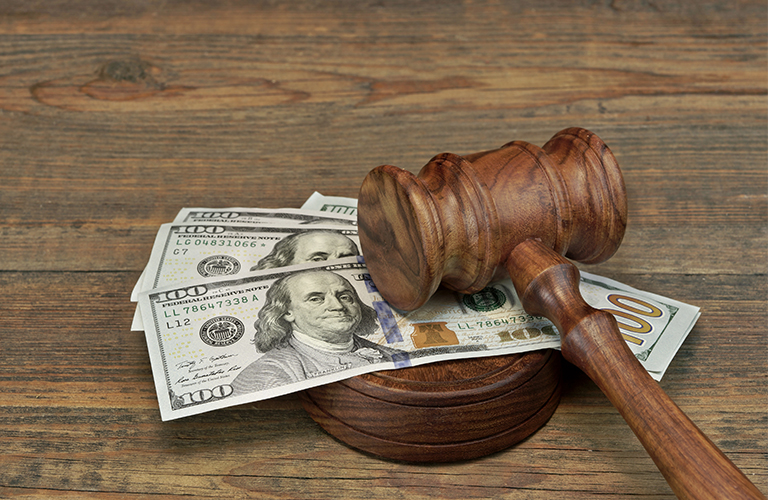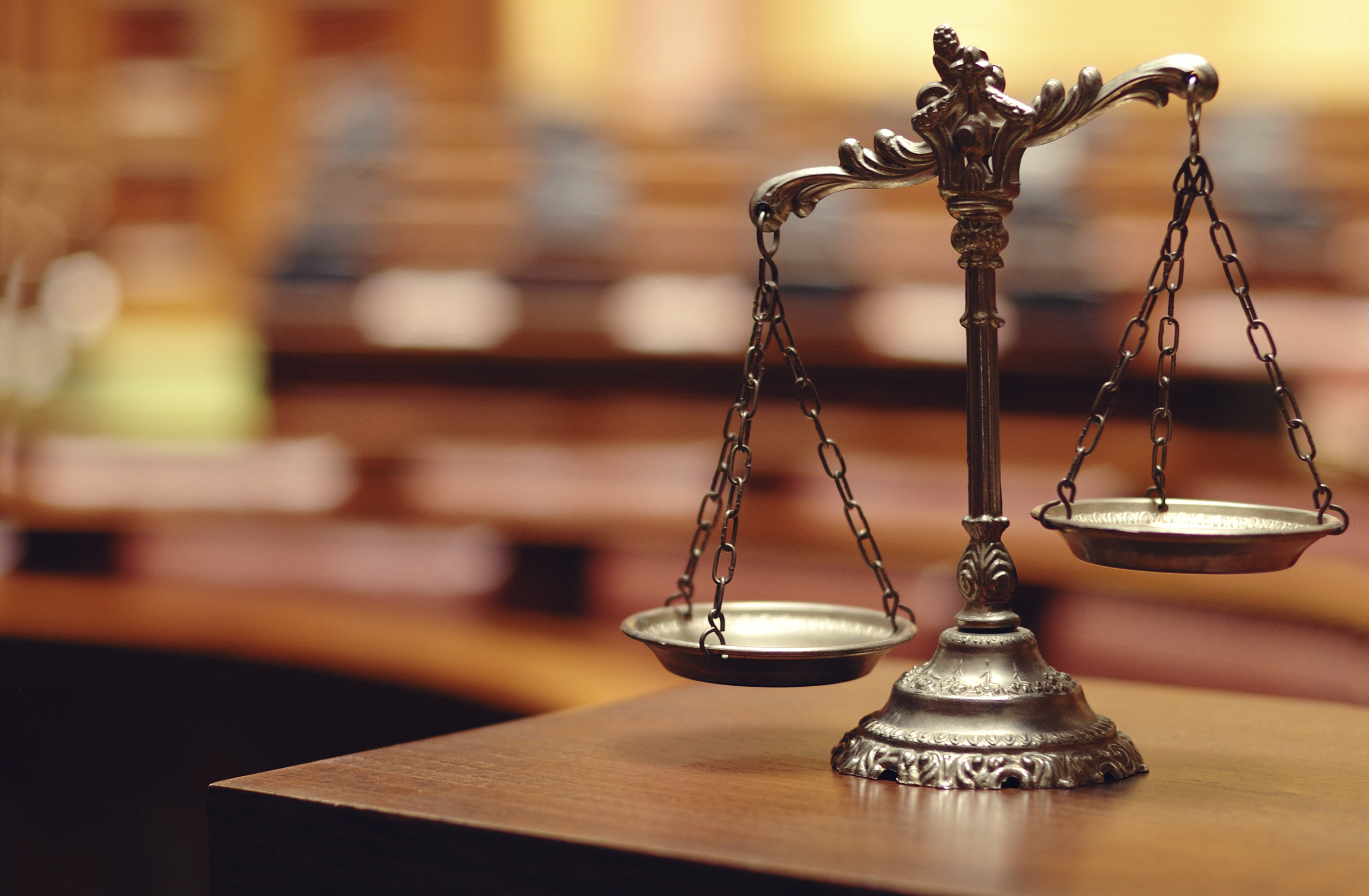In Quality Auto Painting Center of Roselle, Inc. v. State Farm Indemnity Co., Case No. 15-14160 (decided September 7, 2017), the United States Court of Appeals for the Eleventh Circuit reversed the dismissal of a price fixing claim against auto insurers brought by repair shops. The appeal arose out of a collection of cases consolidated in a multi-district proceeding. The plaintiffs were automobile body shops. The defendants were writers of automobile insurance. The auto body shops challenged the conduct of the auto insurers in reimbursing body shops for insured repairs. Among other challenges, the auto body shops contended that the… Read more
Tag: Georgia Appellate
The Georgia Court of Appeals Looks at Litigation Funding

In recent years, an industry has developed in which businesses advance monies to plaintiffs with pending lawsuits in exchange for a share of the recovery. The business only recovers money if the plaintiff makes a recovery. If the lawsuit fails, the business making the advance receives nothing. In the Cherokee Funding, LLC v. Ruth, Case No. A17A0132 (decided June 27, 2017), the Georgia Court of Appeals looked at how those businesses fit into Georgia’s statutory schemes regulating certain lending activities. The Georgia Court of Appeals concluded that this type of litigation funding did not fit within two sets of Georgia… Read more
Georgia Declines to Recognize a Claim for Negligent Destruction of Evidence

An individual is injured in an automobile accident. He wants to file a products liability suit against the manufacturer of the tires on his car. However, his insurance company has disposed of the car and the tires. Can the injured person sue his insurance company for having negligently destroyed important evidence? The Georgia Court of Appeals answered “no” in Phillips v. Owners Ins. Co., Case No. A17A0251 (decided June 29, 2017). Shortly after his auto accident, Mr. Phillips settled his claim for vehicle damage with his own insurance company, Owners Insurance Company. Mr. Phillips’ attorney had sent a letter to… Read more
The Georgia Supreme Court Makes Way for Ride-Sharing
In Abramyan v. State of Georgia, Case No. S17A0004 (decided May 14, 2017), the Georgia Supreme Court rejected a claim by Atlanta taxicab drivers that a Georgia law allowing ride-sharing services resulted in an unconstitutional taking of their property. Prior to May 2015, Georgia law authorized local governments to regulate taxicabs and vehicles for hire. Pursuant to that state law, the City of Atlanta had adopted regulations governing taxicabs and vehicles for hire and had capped the authorized number of such vehicles in Atlanta to 1600. In May 2015, new state law authorized the operation of ride-sharing services in Georgia,… Read more
The Georgia Supreme Court Nears the End of Its December Term

The Georgia Supreme Court has readjusted its terms of court. One of those adjustments includes adding a December term that will end this year on March 31. As the Court approaches the end of that term, it issued a number of decisions on March 6. Those opinions included the following: Coon v. Medical Ctr., Inc. (Case No. 16G0695). The Court reaffirmed an overlooked aspect of Georgia’s choice of law rules. Applying those rules, a court may conclude that the claim is governed by the law of another state. However, if the matters at issue are controlled by the common law… Read more
The Eleventh Circuit Again Favors Arbitration
Bodine v. Cook’s Pest Control, Inc., Case No. 15-13233 (decided July 29, 2016), enforced an arbitration agreement in an employment contract. In that case, the Court dealt with the impact of the Uniform Services Employment and Reemployment Rights Act of 1994 (USERRA) on the arbitration agreement. Mr. Bodine was employed by Cook’s Pest Control. His armed forces commitment required him to take leave from work. He contended that his employer discriminated against him because of his military service obligations, which gave him a cause of action under USERRA. Mr. Bodine filed a lawsuit against Cook’s, but he had an arbitration… Read more
Georgia Court of Appeals Expands the Time Period in Which Crime Victims Can File Civil Lawsuits
The April term of court for the Georgia Court of Appeals will end on July 15. In these last weeks of the term, the Court often will issue opinions in its most difficult cases. In Harrison v. McAfee, Case No. A16A0648 (decided July 7, 2016), the whole court (all 15 judges) issued an opinion that overruled several other decisions of the Court of Appeals and effectively lengthened the period in which crime victims can file tort claims against certain defendants. The case arose out of the attempted robbery of a bar. Mr. Harrison was shot in the arm when a… Read more
The Continuing Asbestos Saga
For over 40 years, the courts have been filled with personal injury claims arising out of exposure to asbestos. Those cases continue to be litigated, and in Scapa Dryer Fabrics, Inc. v. Knight, Case No. S15G1278 (decided July 5, 2016), the Georgia Supreme Court added another chapter to that saga. The Court considered whether certain expert testimony was sufficient to establish a plaintiff’s claim that he had contracted mesothelioma as a result of asbestos exposure. For a number of years in the late 1960s and early 1970s, Mr. Knight had worked at the Scapa Dryer Fabrics, Inc. facility in Waycross,… Read more
How Much is That Doggie in the Window? The Georgia Supreme Court Looks at the Measure of Damages for a Lost Pet
In Barking Hound Village, LLC v. Monyak, Case No. S15G1184 (decided June 6, 2016), the Georgia Supreme Court addressed how to properly measure the damages available to the owners of an animal killed through the negligence of others. The plaintiffs owned an 8½-year-old mixed-breed dog. While being boarded at a kennel owned by defendant, the dog allegedly received improper amounts of medication which caused the dog to experience renal failure. After receiving extensive veterinary care, the dog died. The veterinary bills and related expenses totaled over $67,000. The owners of the deceased dog sued the kennel for negligence. The central… Read more
A Second Front in Litigating with Alleged Whistleblowers
In Secretary of the U.S. Dept. of Labor v. Lear Corp., Case No. 15-12060 (decided May 13, 2016), the United States Court of Appeals for the Eleventh Circuit addressed when the Secretary of the U.S. Department of Labor could seek an injunction to prevent a business from suing a former employee who claimed the status of whistleblower under the Occupational Safety and Health Act (OSHA). Lear had sued a former employee in state court for defamation and intentional interference with business relations. The Secretary filed a case in federal court seeking injunctive relief under the whistleblower protection provisions of OSHA…. Read more

